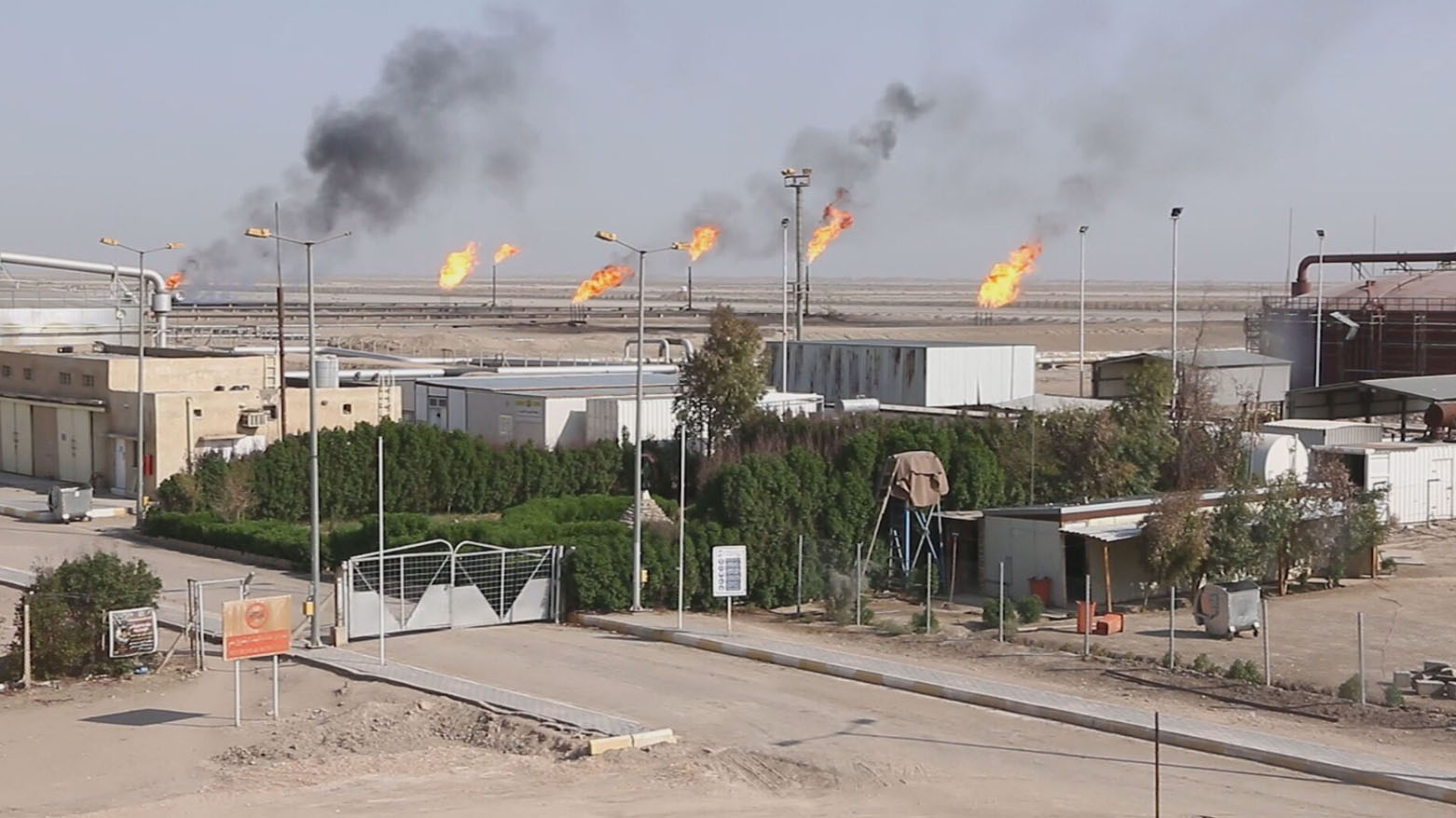Toxic Emissions and Brick Factories: Dhi Qar’s Worsening Environmental Crisis
Brick factories in Iraq’s Dhi Qar province are worsening an already severe pollution crisis, emitting toxic gases and damaging farmland. Experts warn of rising health risks and call for urgent reforms, blaming weak oversight and corruption for the environmental collapse.

By Kamaran Aziz
ERBIL (Kurdistan 24) – Despite the already severe environmental toll inflicted by oil companies operating in Iraq’s southern Dhi Qar province, brick factories have now emerged as a major source of air pollution, compounding the public health crisis afflicting the region.
In an interview with Kurdistan24, Muwafaq Hamed, Director of the Nasiriyah Environment Department, warned that “brick factories are among the largest sources of environmental pollution in the region due to the harmful emissions they release.”
Hamed emphasized that the emissions are not only widespread but also in clear violation of Iraq’s environmental laws. “Article (First and Second) of Environmental Protection and Improvement Law No. 27 of 2009 obliges factory owners to install high-efficiency automatic burning systems—an obligation that is currently not being met,” he explained.
He further noted that most factories continue to use crude oil, known locally as “black oil,” which is burned using outdated and inefficient methods. “This results in the release of large amounts of toxic gases and vapors that negatively impact public health,” Hamed said.
Long-Term Damage and Unregulated Expansion
Environmental and climate expert Abbas al-Maryani echoed the severity of the situation. Speaking to Kurdistan24, he stated that “brick factories have dangerous effects on the surrounding environment, as they contribute to increased sulfur dioxide levels in the air, raise pollutant concentrations, and cause acid rain.”
According to al-Maryani, the factories also damage the soil in irreversible ways. “They exploit fertile agricultural lands, and increased salinity caused by heat and capillary action further degrades the arability of the land,” he added.
Al-Maryani also issued a stark warning regarding the unregulated expansion of these factories, saying, “We must not allow the continuation of these practices at the expense of agricultural land. It is critical to intensify public awareness and seek environmentally friendly fuel alternatives to reduce harmful emissions.”
Mounting Public Health Crisis
Despite repeated warnings by environmental officials and experts, the situation in Dhi Qar shows no signs of improvement.
Residents of the province continue to voice concerns over recurring health crises attributed to environmental pollution—ranging from chronic respiratory diseases to a reported rise in cancer cases.
In addition to air pollution, the province grapples with widespread contamination of its water sources, as well as deteriorating soil quality—factors that threaten both human health and agricultural sustainability.
Corruption and Weak Oversight
Experts also point to endemic corruption as a structural impediment to effective environmental governance in Dhi Qar.
Previous reports by Kurdistan24 have highlighted cases where environmental regulations are systematically ignored or undermined due to political interference and the absence of regulatory enforcement.
According to a Kurdistan24 investigation into corruption in Iraq, environmental agencies have long struggled to exert oversight in southern provinces where influential business owners operate with impunity. In many cases, permits are granted in violation of zoning or environmental protection rules, while inspectors are either bribed or pressured to look the other way.
A Call for Action
Environmental advocates are now calling for urgent policy reform and enforcement of existing laws. “Unless immediate steps are taken to modernize these factories and introduce cleaner fuel sources, we risk irreparable damage to both public health and the environment,” Hamed stressed.
As the environmental crisis in Dhi Qar deepens, the public continues to demand accountability and action from both provincial and federal authorities. For many, the issue is not merely one of pollution, but a test of the state’s ability to safeguard the health and livelihoods of its citizens.
Kurdistan24's correspondent Haidar Hanoun contributed to this report.